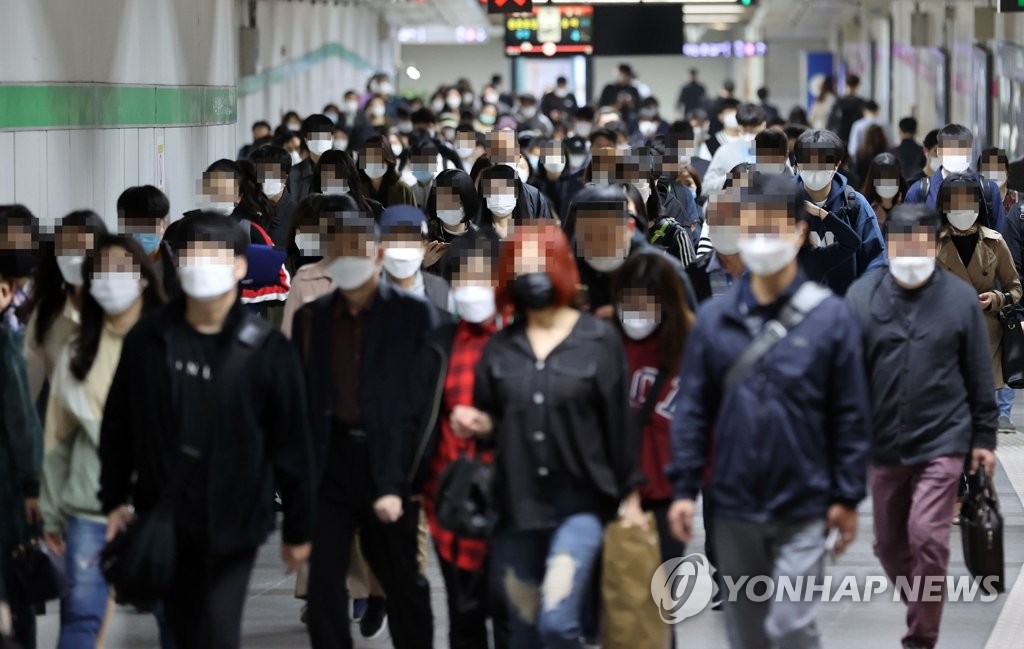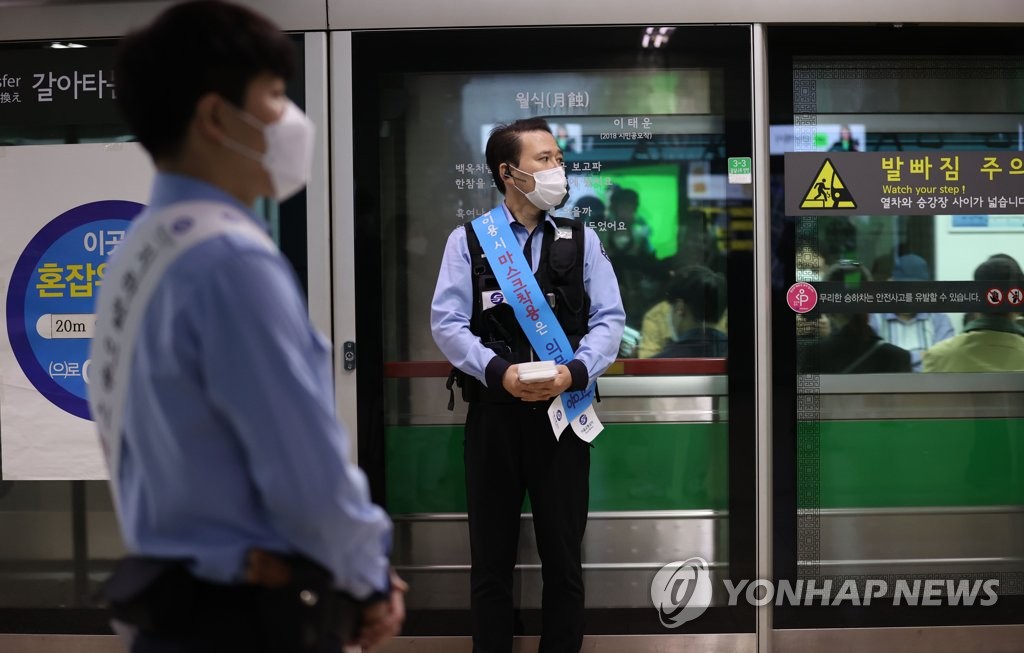- California Assembly OKs highest minimum wage in nation
- S. Korea unveils first graphic cigarette warnings
- US joins with South Korea, Japan in bid to deter North Korea
- LPGA golfer Chun In-gee finally back in action
- S. Korea won’t be top seed in final World Cup qualification round
- US men’s soccer misses 2nd straight Olympics
- US back on track in qualifying with 4-0 win over Guatemala
- High-intensity workout injuries spawn cottage industry
- CDC expands range of Zika mosquitoes into parts of Northeast
- Who knew? ‘The Walking Dead’ is helping families connect
New virus cases bounce back to triple digits, cluster infections still drag in virus fight
South Korea’s new virus cases rebounded to over 100 on Tuesday, snapping five consecutive days of a two-digit rise, as sporadic cluster infections continued across the nation and imported cases rose amid an eased social distancing scheme that went into effect this week.
The country added 102 COVID-19 cases, including 69 local infections, raising the total caseload to 24,805, according to the Korea Disease Control and Prevention Agency (KDCA).
It marked a slight rise from 98 cases reported Monday and a sharp rise from 58 cases from Sunday. The daily figure rebounded to 114 on Wednesday last week before falling back to 69 the following day.
The spike in new virus cases came as the country eased most of its strict restrictions on daily activities on Monday as there have been no massive outbreaks traced to millions of people who traveled across the nation over the Chuseok holiday.
The country earlier suffered a major uptick in virus cases in mid-August, mostly traced to a conservative church in northern Seoul. After reaching 103 on Aug. 13, the figure shot up to 441 on Aug. 27. The figures stayed in the triple digits until reaching 82 on Sept. 20.
Despite some ups and downs, the daily new infections mostly stayed around 100 afterwards.
“When looking at the weekly figures, we cannot say that the country suffered a sharp uptick in virus cases on Monday and Tuesday,” a health official said.


Commuters walk at a subway station in southern Seoul on Oct. 13, 2020. (Yonhap)











